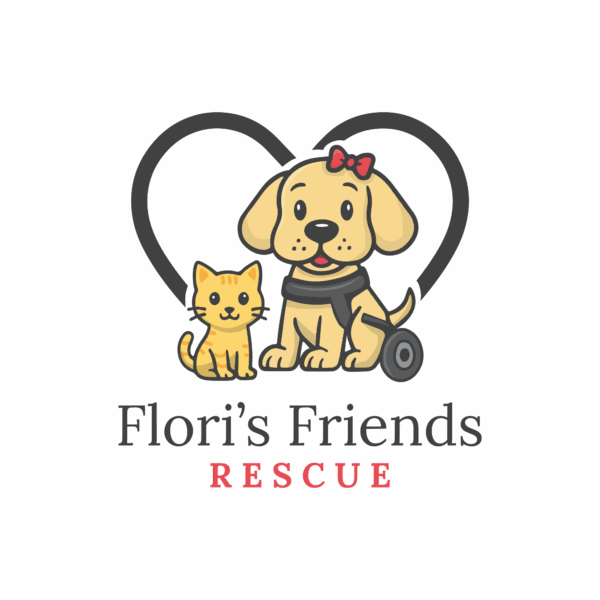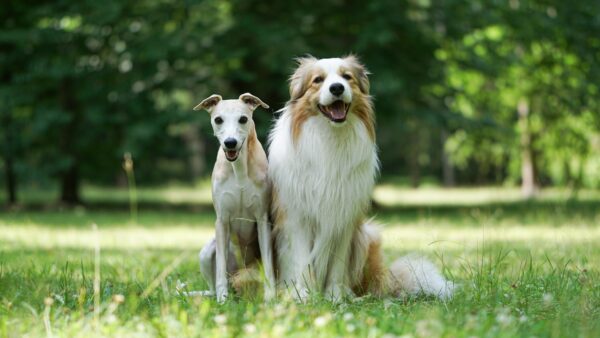There’s a common saying in the dog world: “It’s all in how you bring them up.”
While well-intentioned, this belief can be incredibly disheartening for owners who have put in the time, training, and love and still find themselves struggling with their dog’s behaviour. If this sounds familiar, please know: you have not failed your dog. There’s a powerful piece of the puzzle that is often overlooked…Breed genetics.
Dogs weren’t bred just to be pets
Long before dogs were our couch companions, they were our workers. Humans bred dogs for very specific jobs such as herding, hunting, guarding, retrieving, ratting, and more. Those natural instincts don’t disappear simply because we want a family-friendly pet. When we fail to acknowledge what a dog was designed to do, we risk misunderstanding their needs and behaviours. And when that happens, both owner and dog can end up frustrated, or worse, in rescue.
Have you researched your dog’s breed?
Before you brought your dog home, did you ask yourself:
- What was this breed originally developed to do?
- Does their typical temperament suit my lifestyle?
- What are the common behavioural traits I might need to manage?
Or, like many people, did you choose your dog because of how they looked, or because someone you knew had one?
Let’s look at some common examples to highlight just how much genetics shape behaviour.
The Cockapoo
The Cockapoo is one of the UK’s most popular breeds. Their appeal is that they are cute, curly coat (often promoted as “non-shedding”) and great with kids… right?
But let’s break down what you’re really getting:
The Cocker Spaniel: a high-energy gundog bred to work all day, sniffing out and flushing game. The Poodle: another working breed with sharp intelligence and athleticism, originally used for water retrieving. So when you combine the breeds, you often get an energetic, sensitive, and sometimes anxious dog that craves stimulation and consistency. Without it, they may bark, chew, or act out, not because they’re naughty, but because they’re under-challenged, sadly many Cockapoos we see in rescue were purchased for their coat, not their needs.
The German Shepherd
This is a breed genetically wired to guard, protect, and alert. So, when GSD owners find their dog barking at every person who walks down the road or patrols the garden perimeter like it’s his job, that’s because it is, at least in his mind. He’s not being a bad dog; he’s doing exactly what his breed has been selected for over decades.
The Romanian Street Dog
These dogs are becoming increasingly popular in the UK, especially through rescue, but they also come with their own set of behaviours shaped by generations of living on the streets.
They may be aloof, not overly affectionate like a Labrador, their recall may be unreliable, these dogs have roamed freely for generations. They might show fear-based behaviours due to lack of socialisation with humans over the years and the way many were caught and housed in shelters. It doesn’t mean these dogs can’t make wonderful companions, but owners must understand that these traits won’t disappear with love alone, they need patience, consistency, and realistic expectations.
You haven’t failed, you just need a new lens.
If your dog is struggling with behaviour, we urge you to stop and ask, “Is this behaviour a problem, or is it just instinct?” By learning what your dog was bred for, you can:
- Adjust your training methods
- Set more achievable goals
- Work with their nature, not against it
- Most importantly, you can release yourself from the guilt that you’ve done something wrong. You haven’t. You simply may not have had the full picture yet and that’s OK.
Dogs are amazing, complex creatures and just like people, no two are the same, but their genetics matter. They shape how they think, how they move, and how they behave.
So next time your dog does something “naughty,” take a moment, research their breed and reconsider their instincts. Reframe your response because the more we learn about our dogs, the better we can love them.
Need Help with Your Dog’s Behaviour?
Our team at Flori’s Friends is always here to support our adopters and dog owners. If you’re struggling or unsure where to turn, reach out. You’re not alone.
Newsletter Sign Up
Don’t miss out and join our monthly newsletter!

